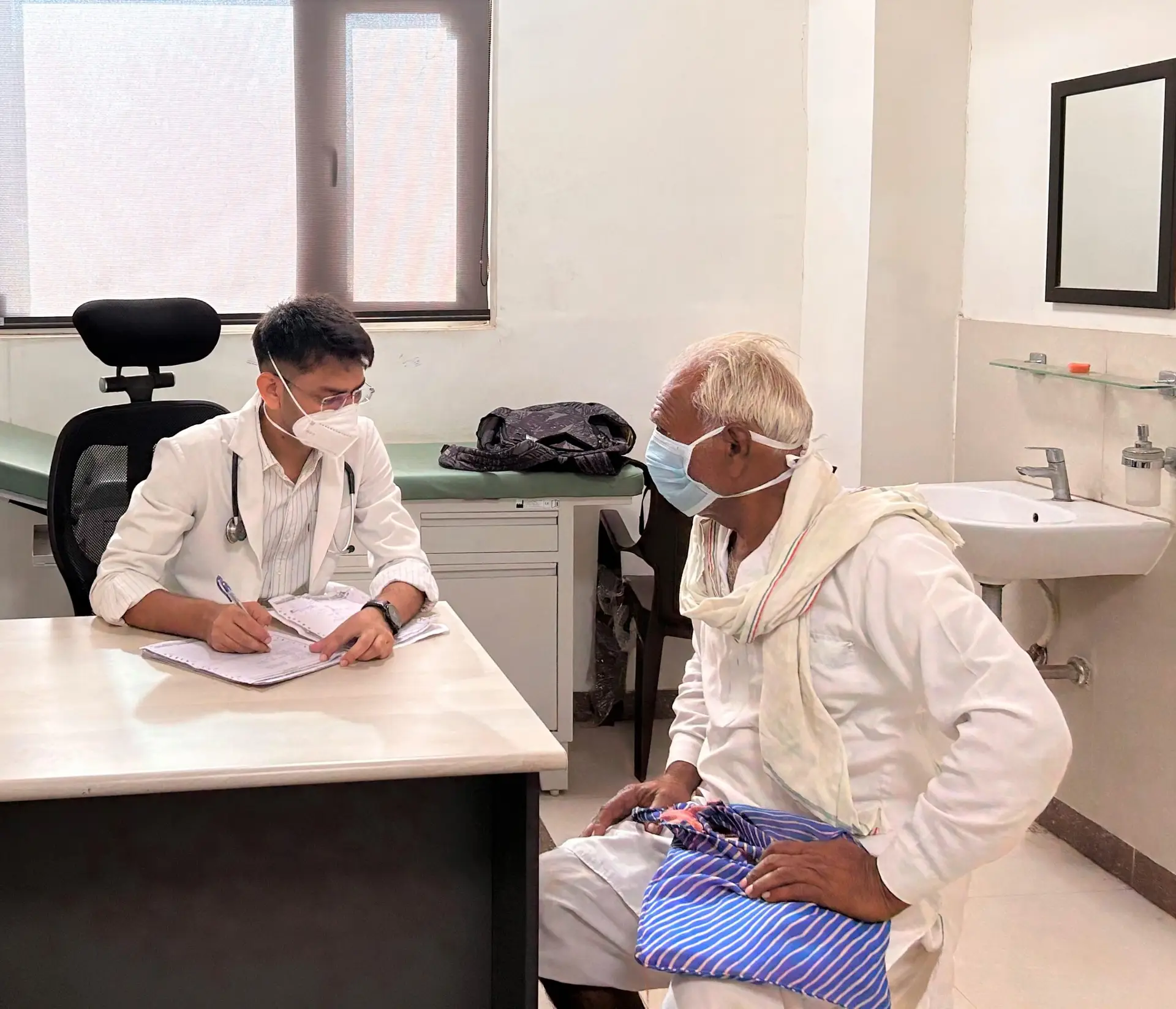Erectile Dysfunction
Erectile Dysfunction
Erectile dysfunction (ED) is when a man has trouble getting or keeping an erection firm enough for sex. It’s a common issue, especially as men get older, but it’s not just about age—many factors can play a role.
Why Does ED Happen?
- Blood Flow Problems – If your blood vessels are clogged (like in heart disease or diabetes), not enough blood reaches the penis.
- Nerve Issues – Nerves send signals to trigger an erection, so conditions like diabetes, stroke, or spinal injuries can interfere.
- Hormonal Imbalance – Low testosterone or thyroid problems can lower sex drive and make erections harder to maintain.
- Mental Health & Stress – Anxiety, depression, or even just performance pressure can make it difficult to get an erection.
- Medications & Lifestyle – Some blood pressure meds, antidepressants, and habits like smoking, excessive alcohol, or being overweight can contribute.
How Do You Fix It?
- Lifestyle Changes – Eating healthy, exercising, quitting smoking, and cutting down on alcohol can improve ED.
- Medications – Pills like Viagra (Sildenafil), Cialis (Tadalafil), and Levitra (Vardenafil) help increase blood flow. (Visit a qualified Doctor before starting any medication).
- Testosterone Therapy – If low testosterone is the issue, hormone replacement might help.
- Counseling – If stress, anxiety, or relationship issues are part of the problem, therapy can be useful.
- Other Treatments – Vacuum pumps, injections, or even surgical implants are options for severe cases.
ED is treatable, and it’s usually a sign of something else going on—so if it’s happening regularly, it’s worth checking in with a doctor.

